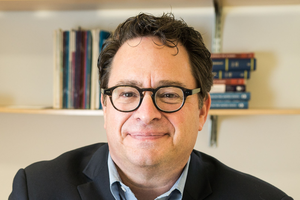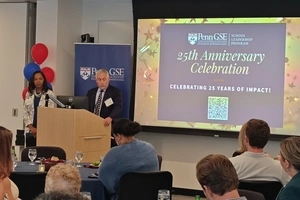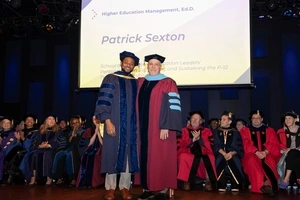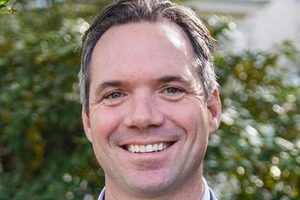Faculty Expert
-
Sigal Ben-Porath
MRMJJ Presidential Professor
Policy, Organizations, Leadership, and Systems Division
How do you define a fact? And how do two people, from different backgrounds, with different beliefs, agree on a shared definition for a fact?
That’s the question that Penn GSE’s Sigal Ben-Porath and Sophie Rosenfeld, a Penn professor of history and author of “Democracy and Truth: A Short History” tried to unravel in the debut episode of “Understand This…”, a podcast from Penn Today.
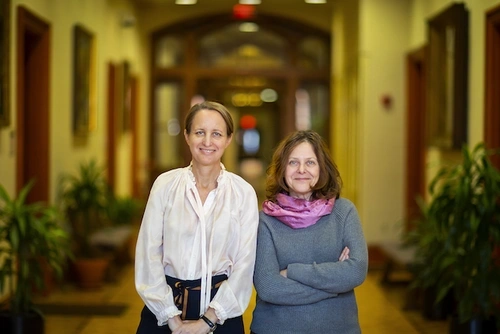
“Understand This…” unites disciplinary expertise with interdisciplinary dialogue from across the Penn community to tackle big questions, all towards the goal of cross discipline, understanding, and problem-solving.
In their conversation, Ben-Porath, Rosenfeld, and host Brandon Baker touched on climate change, vaping, fake news, and what it takes to build consensus around the truth.
“I think rebuilding trust in institutions, in our institutions of government, in the media, in research and teaching institutions like universities, in the judiciary, right?” Ben-Porath said. “There are various paths to accomplishing that. We have to recognize that some of the disintegration of trust is motivated by interested parties. So there are people in groups who benefit from the decline of trust and who intentionally feed it. And so understanding this process I think is one part of the solution.”
Media Inquiries
Penn GSE Communications is here to help reporters connect with the education experts they need.


